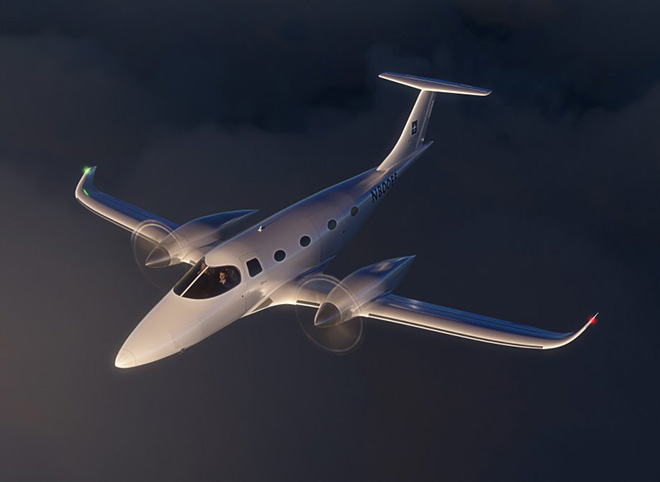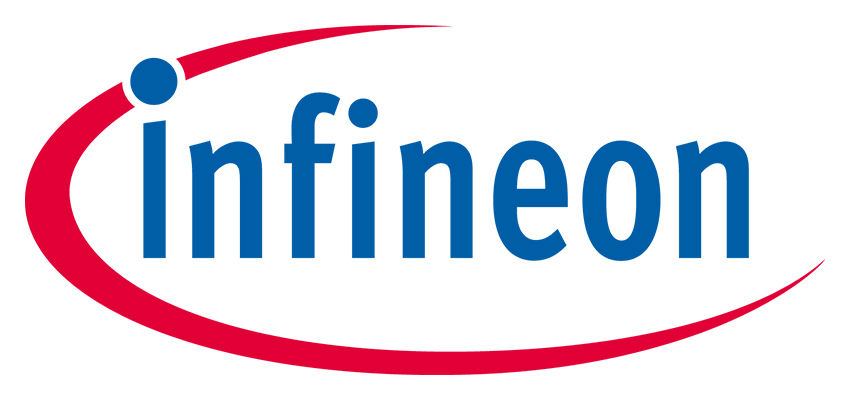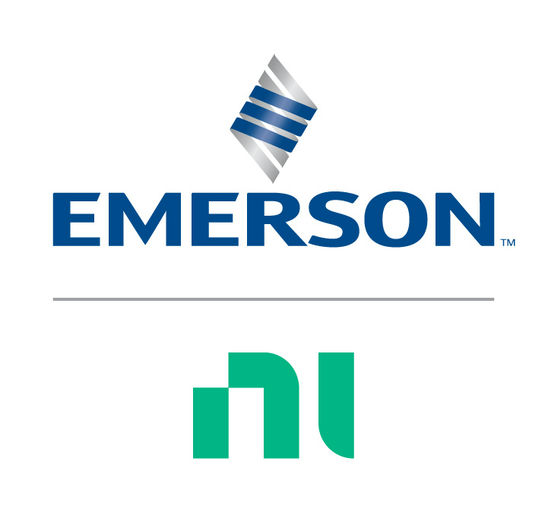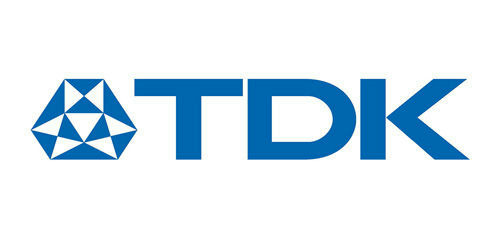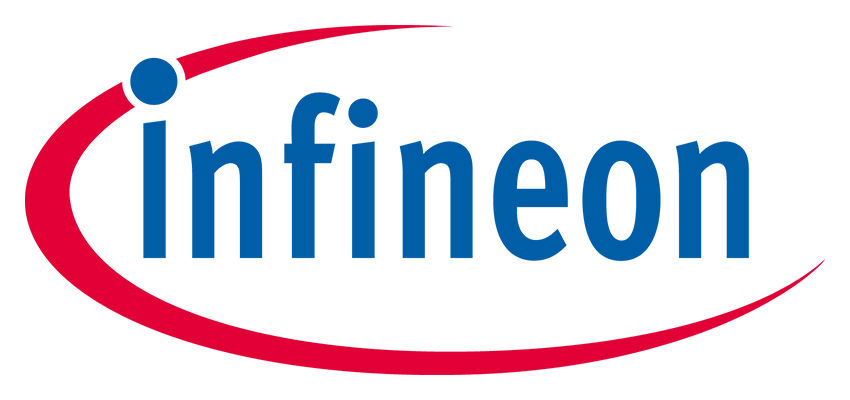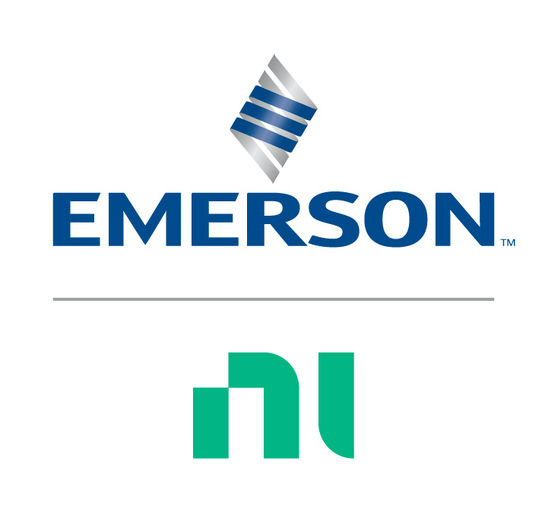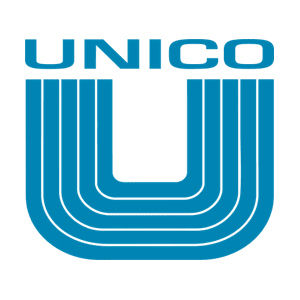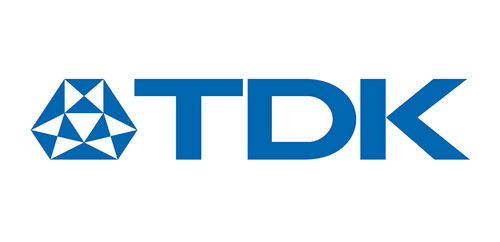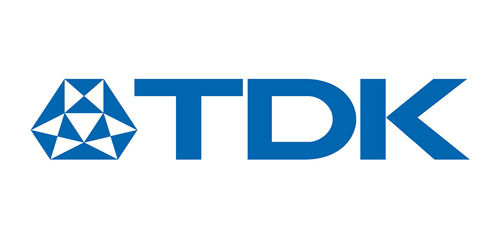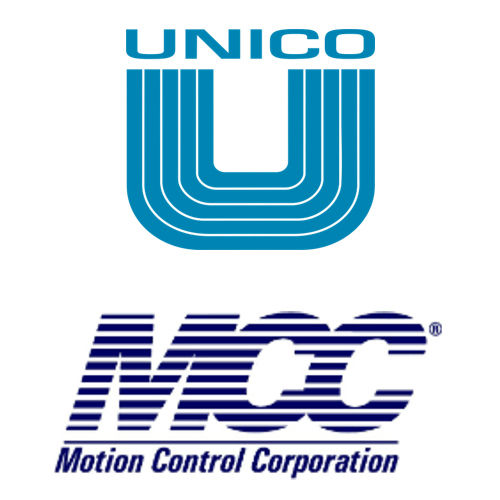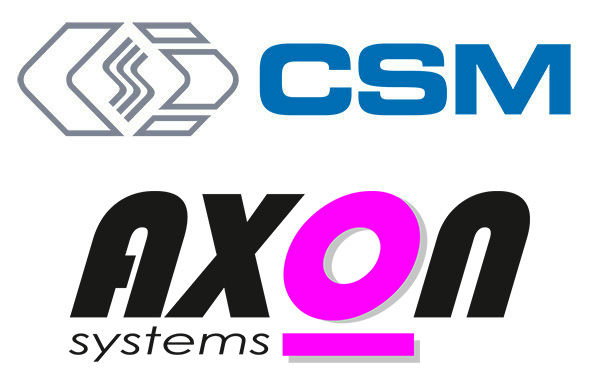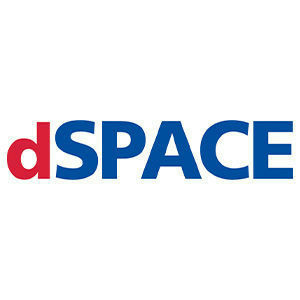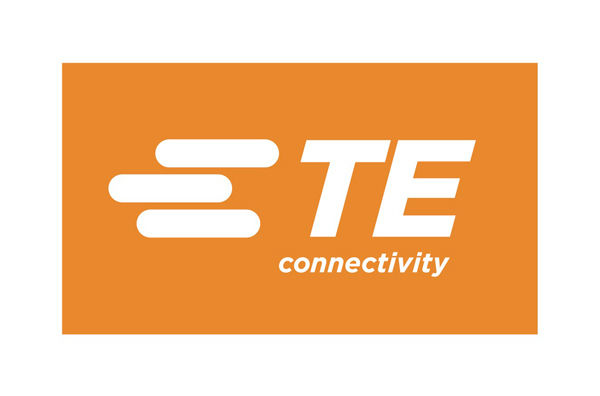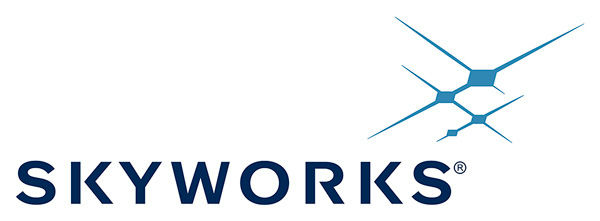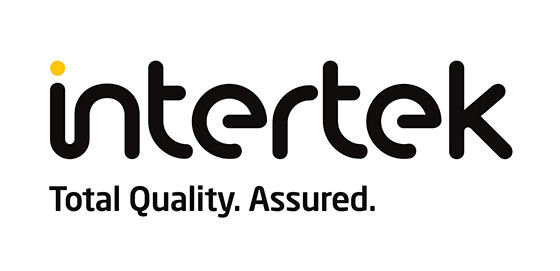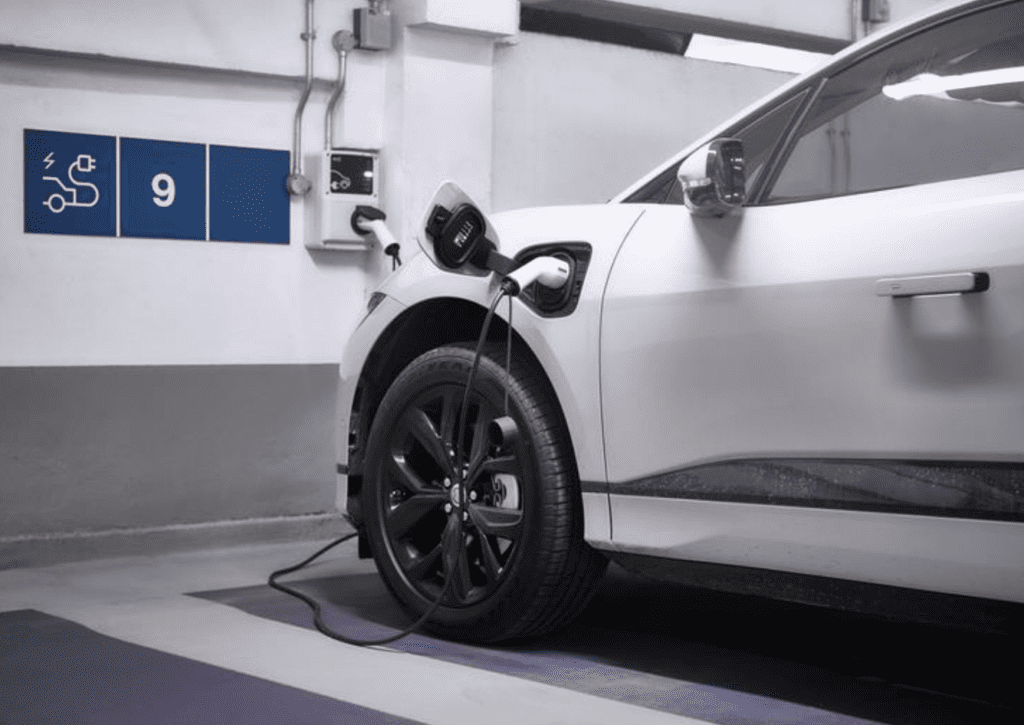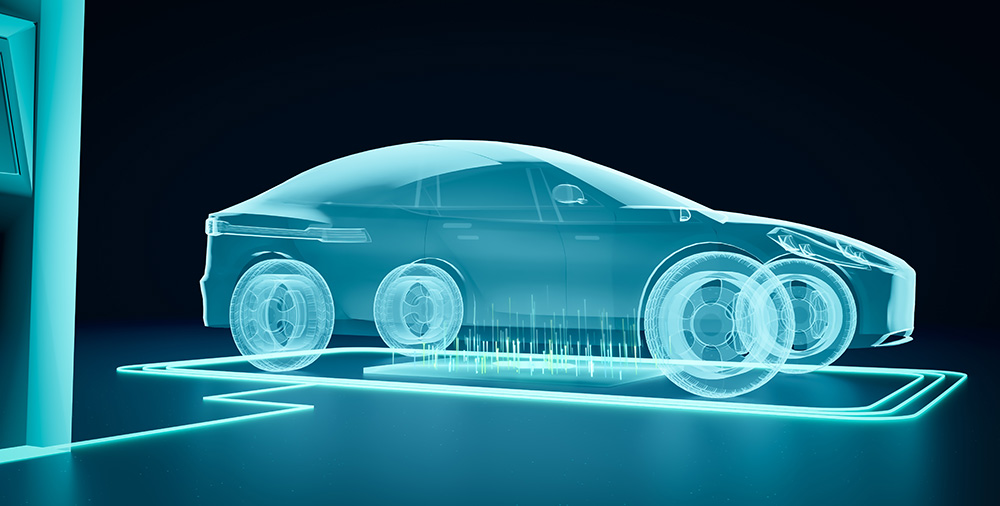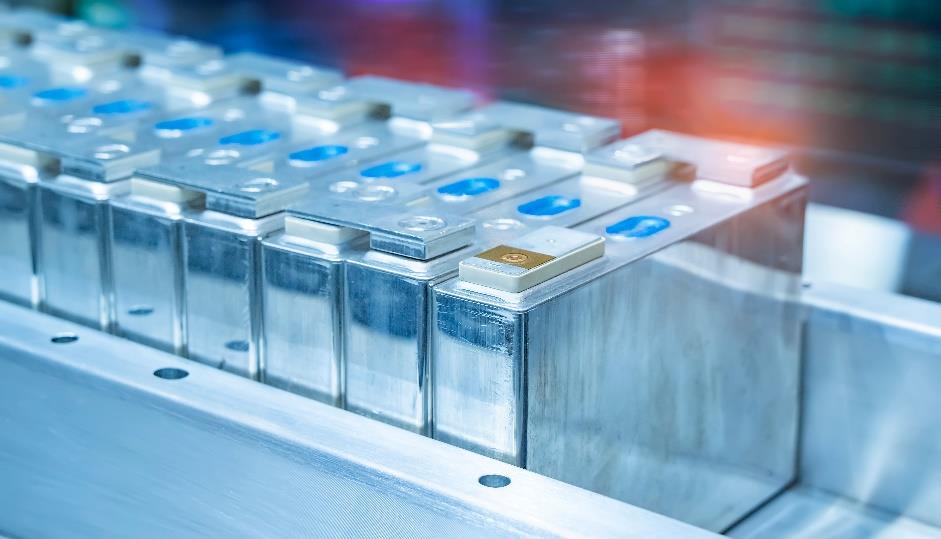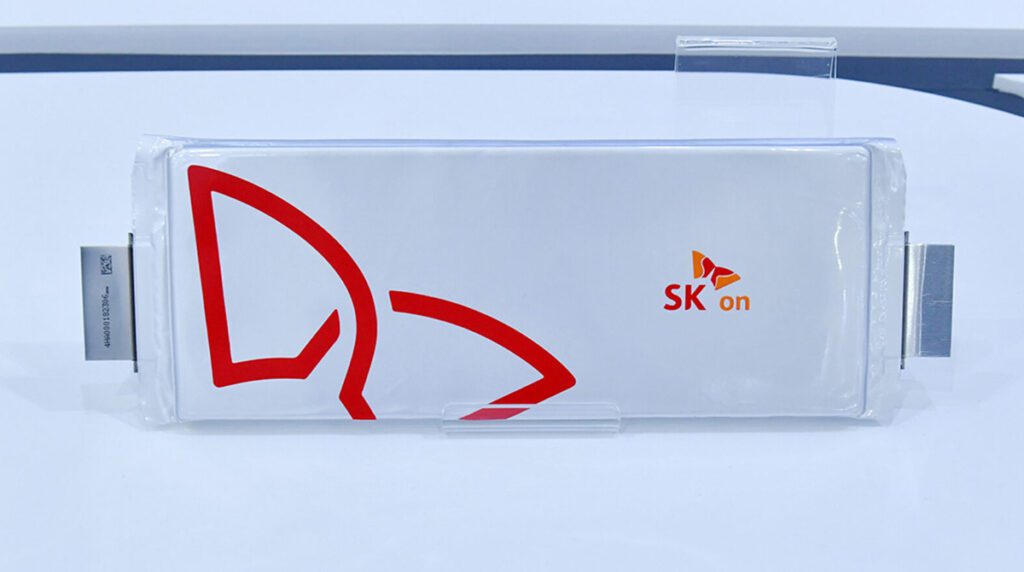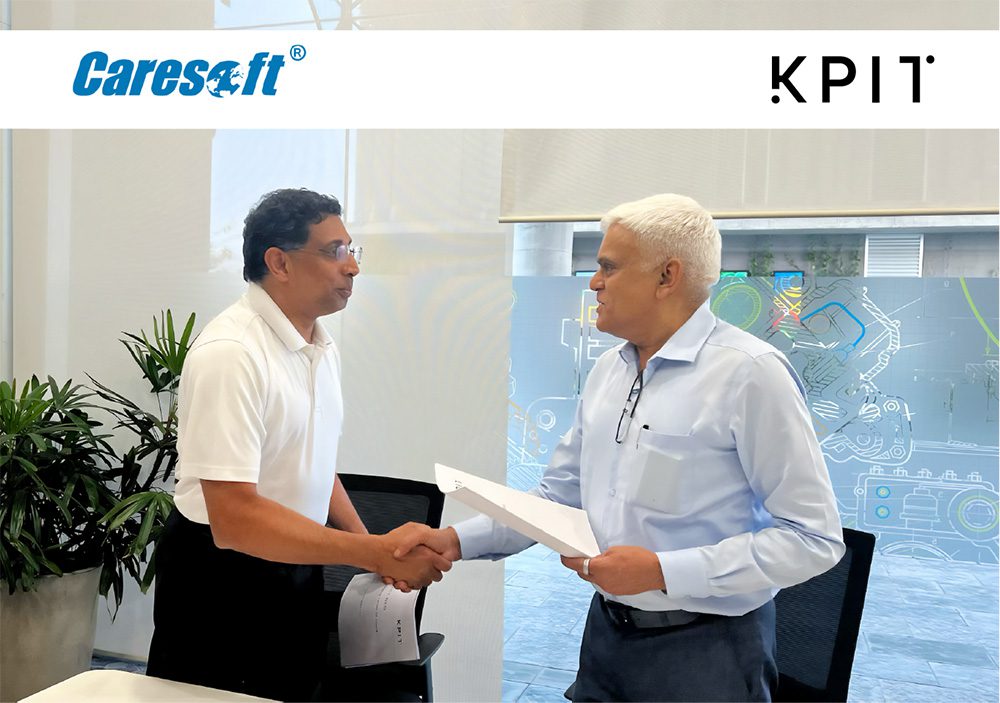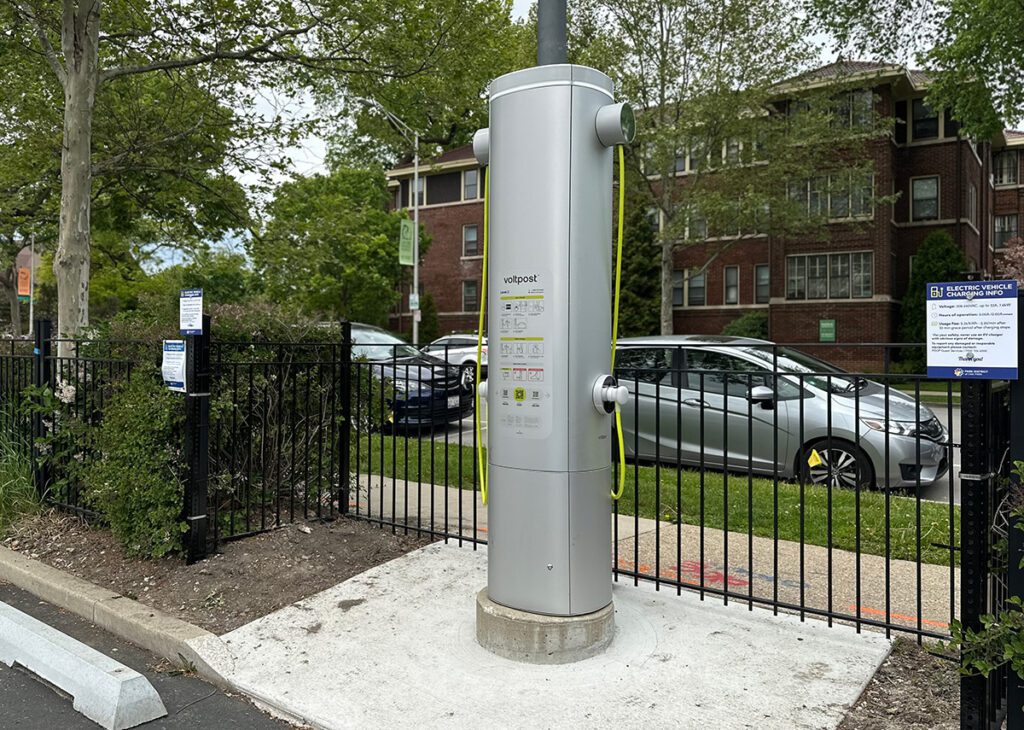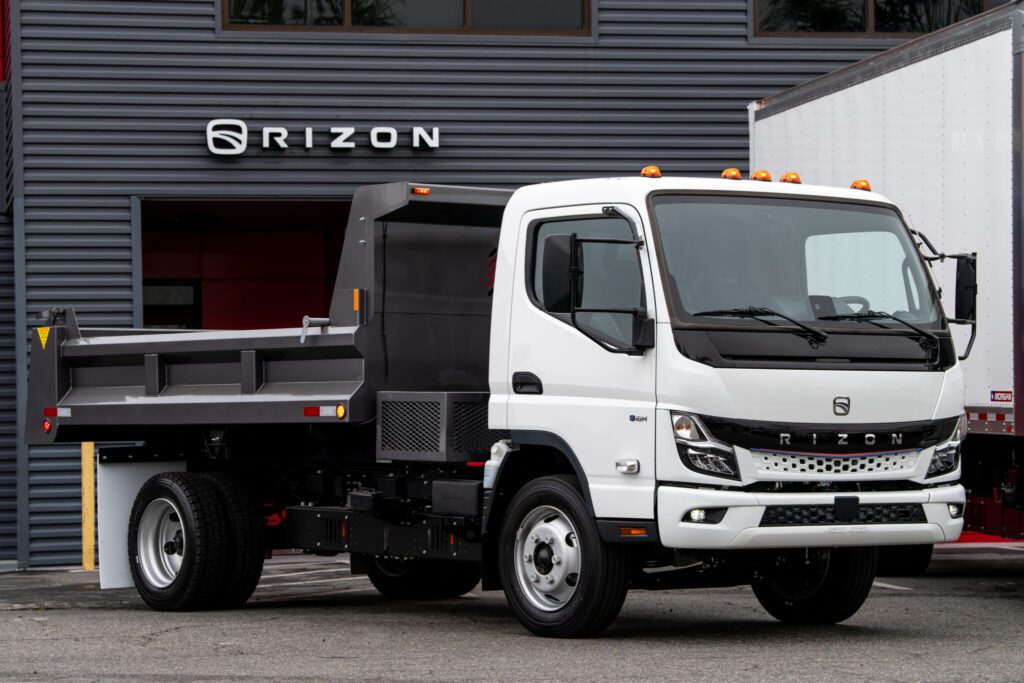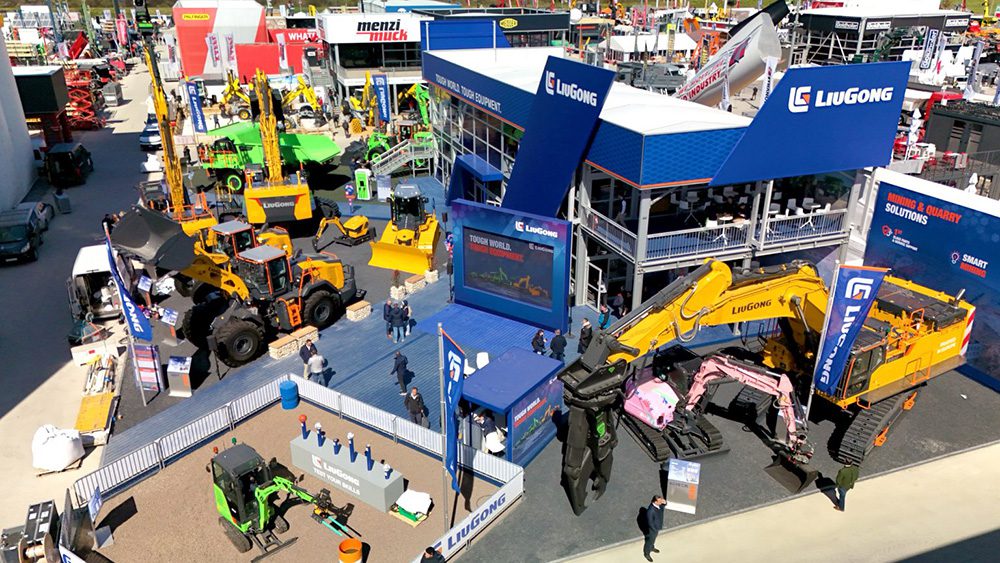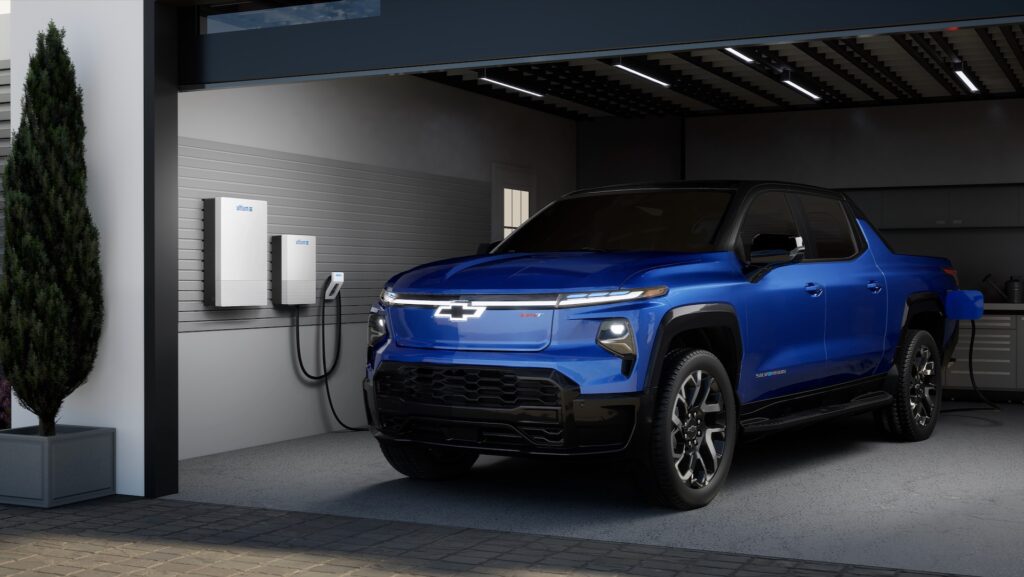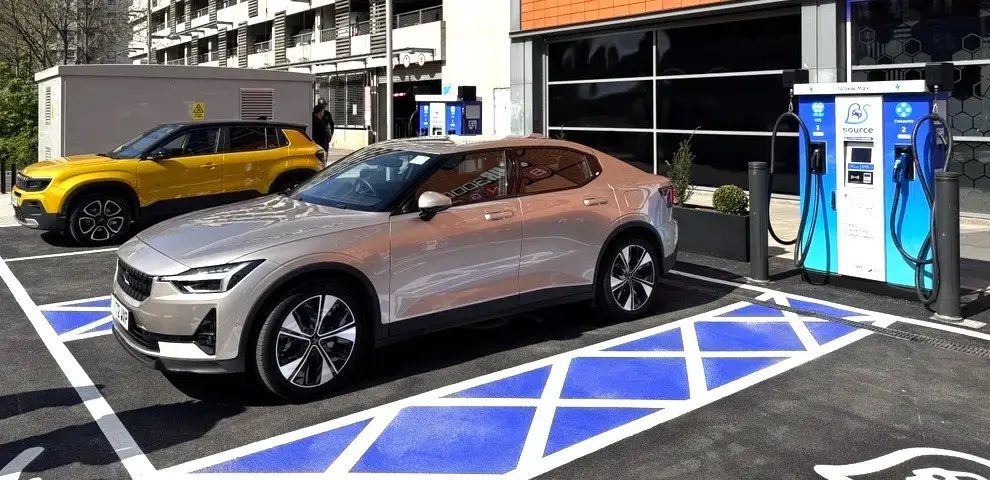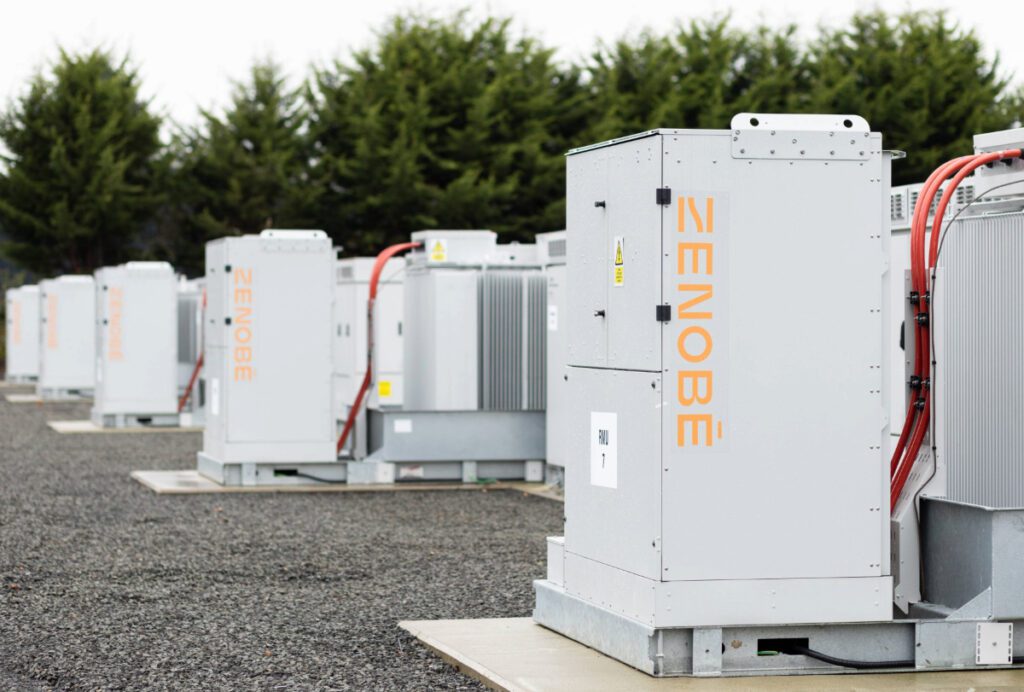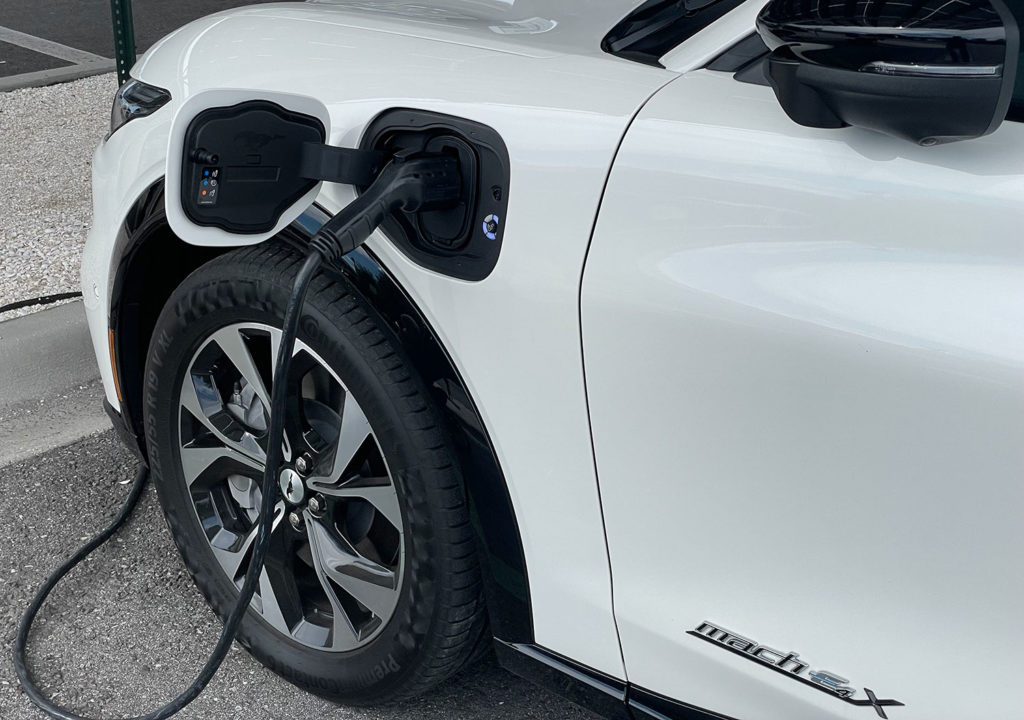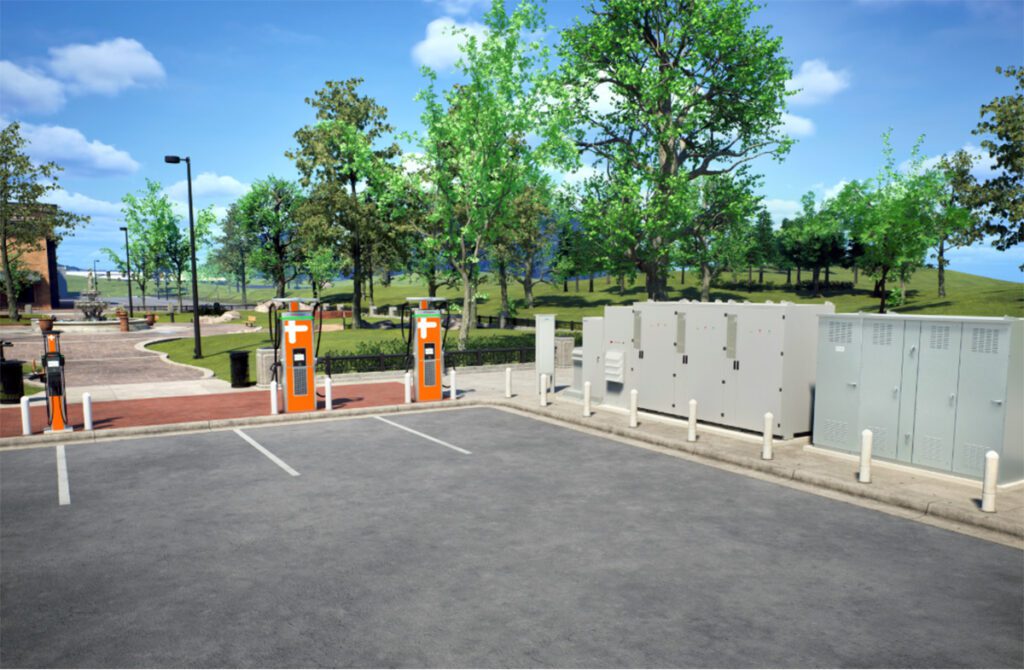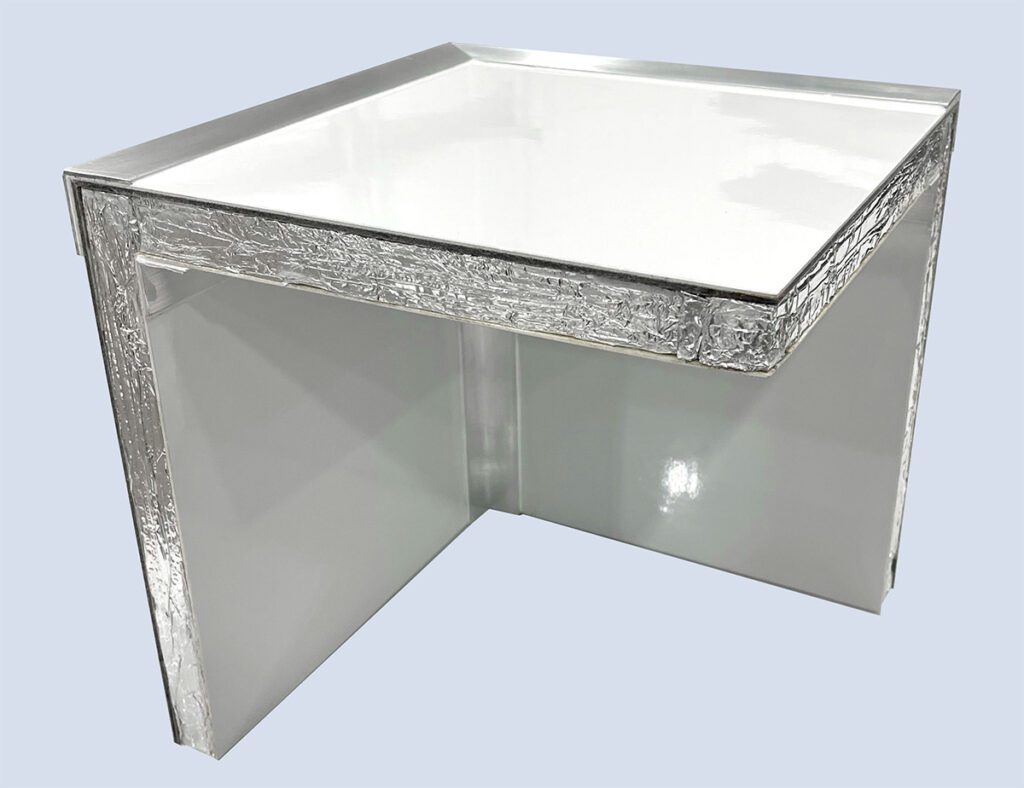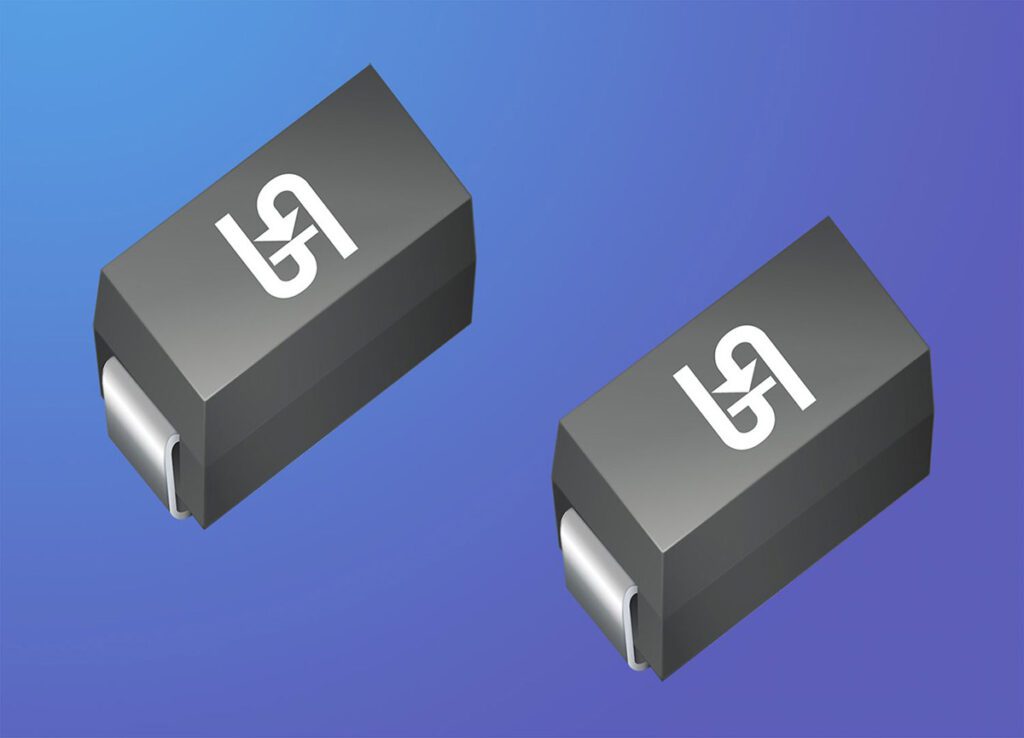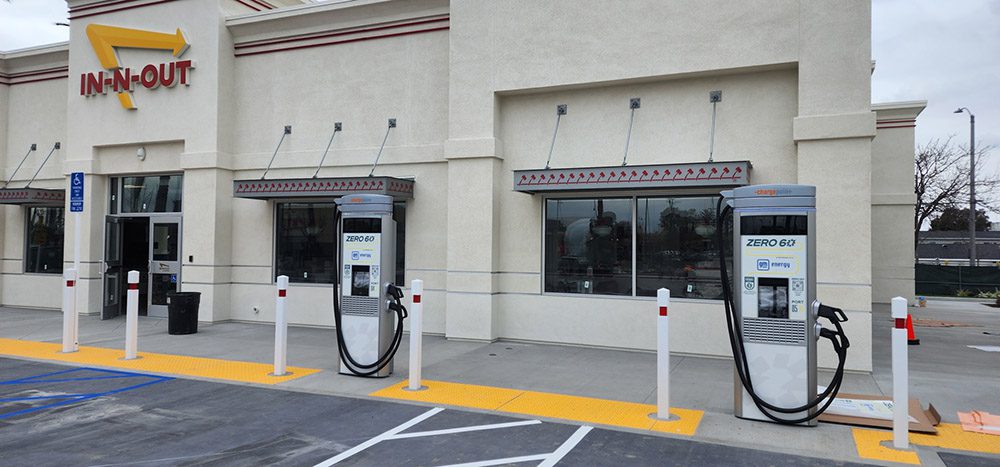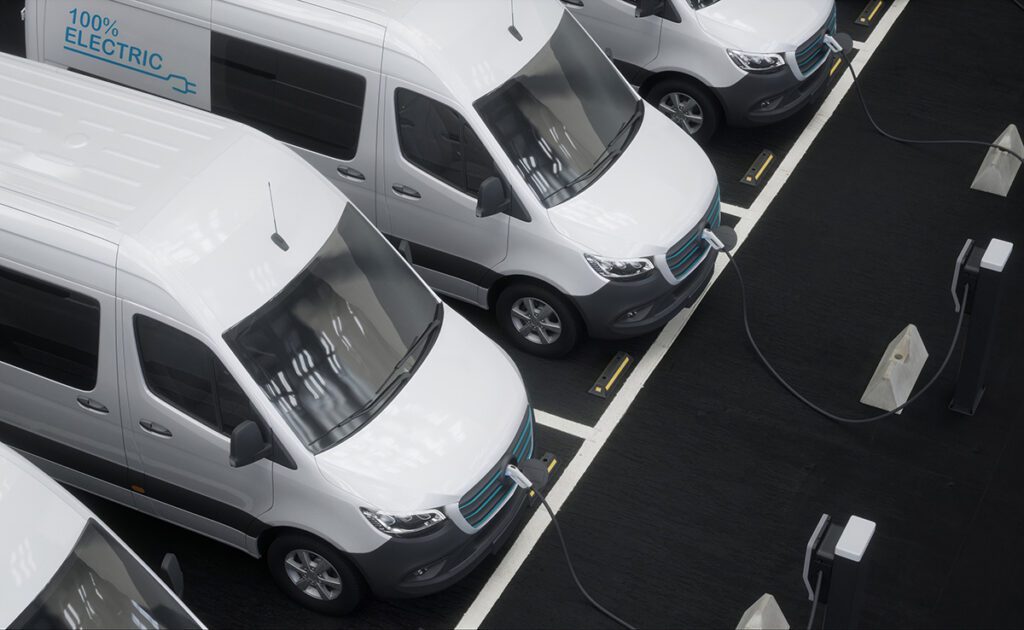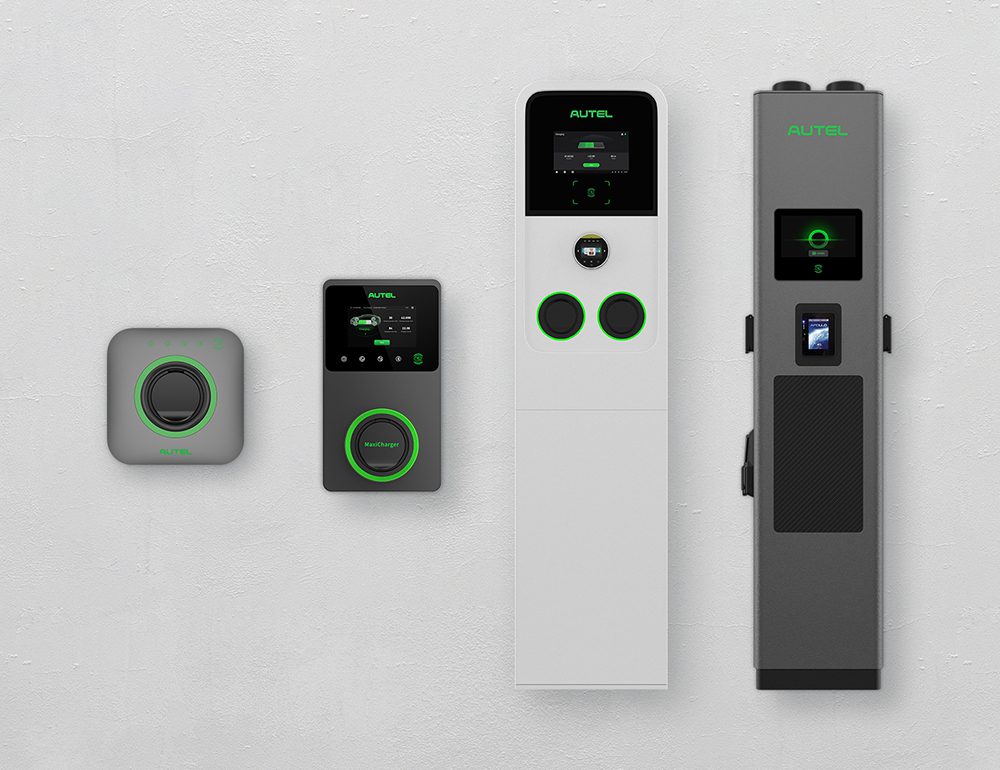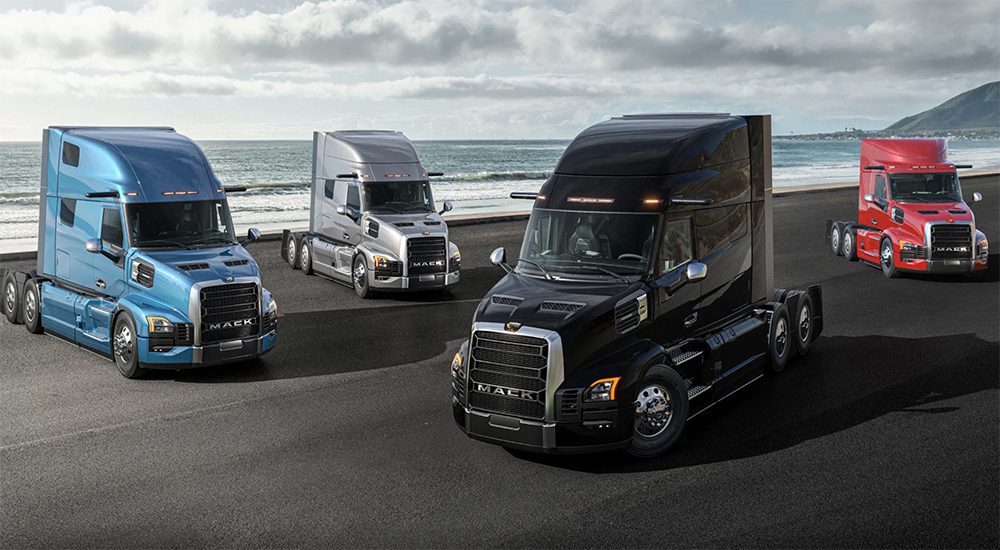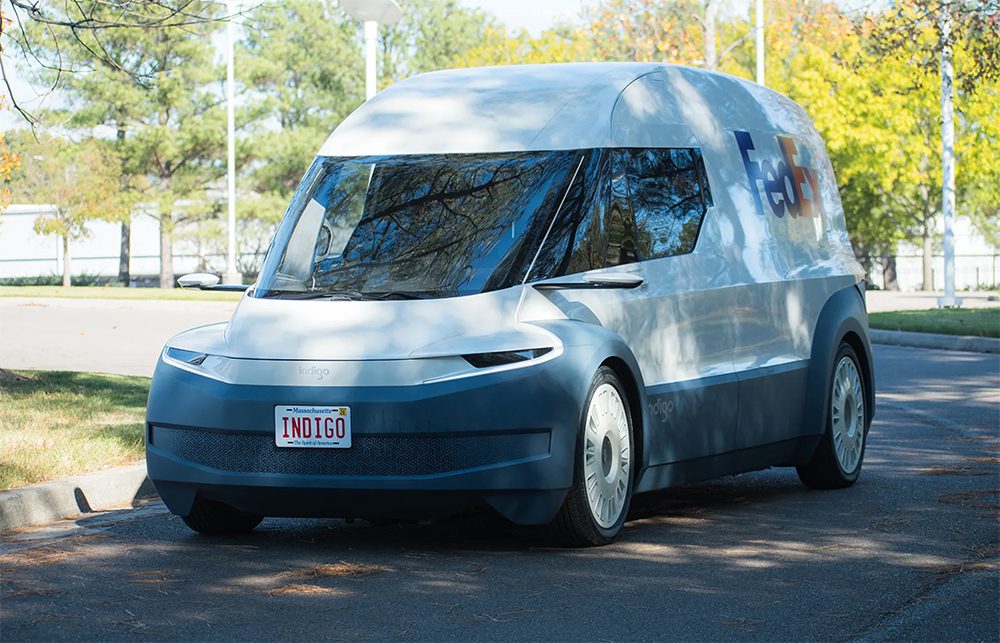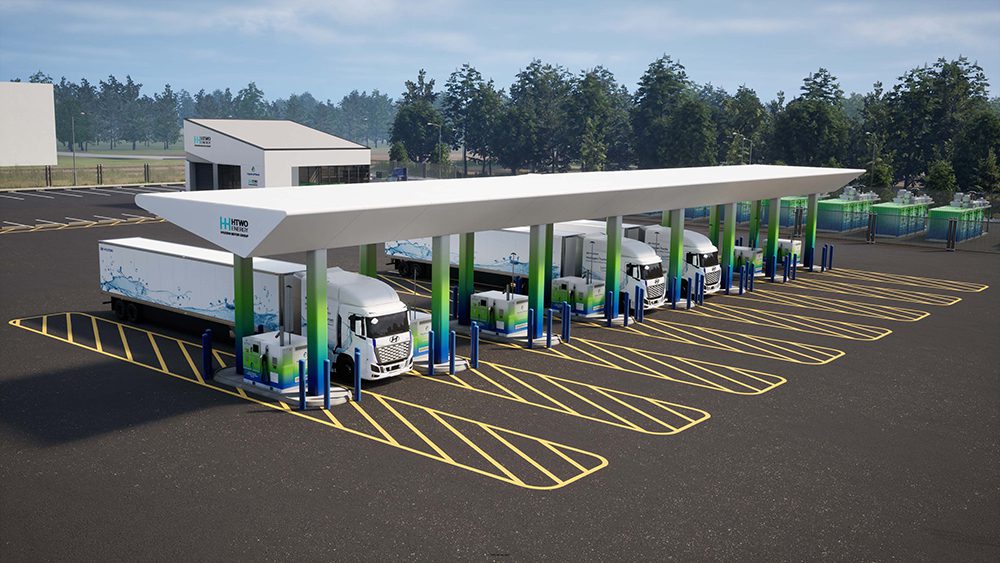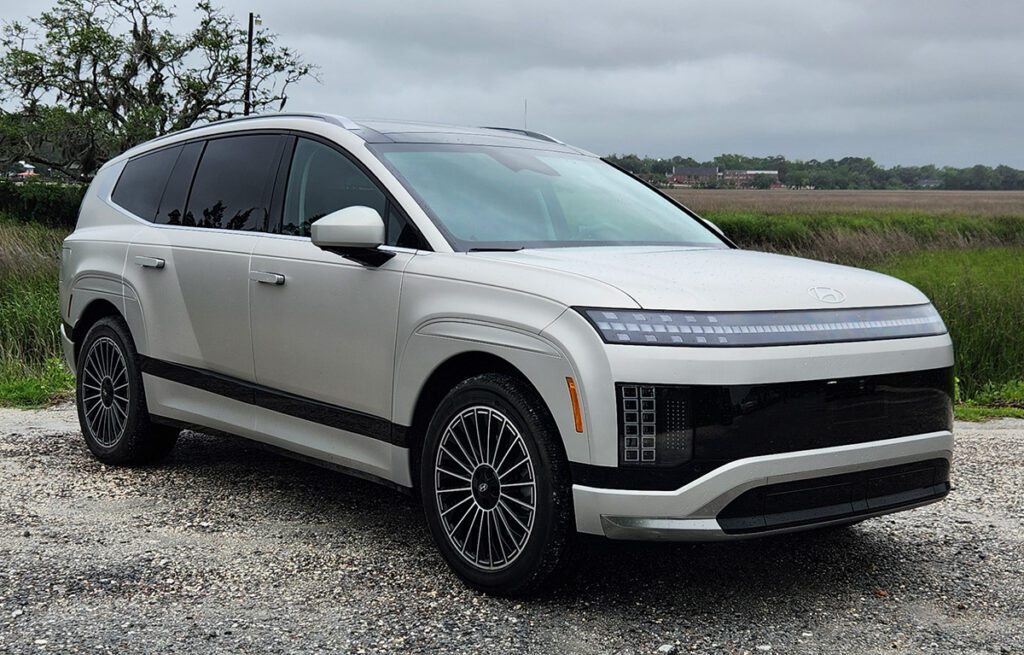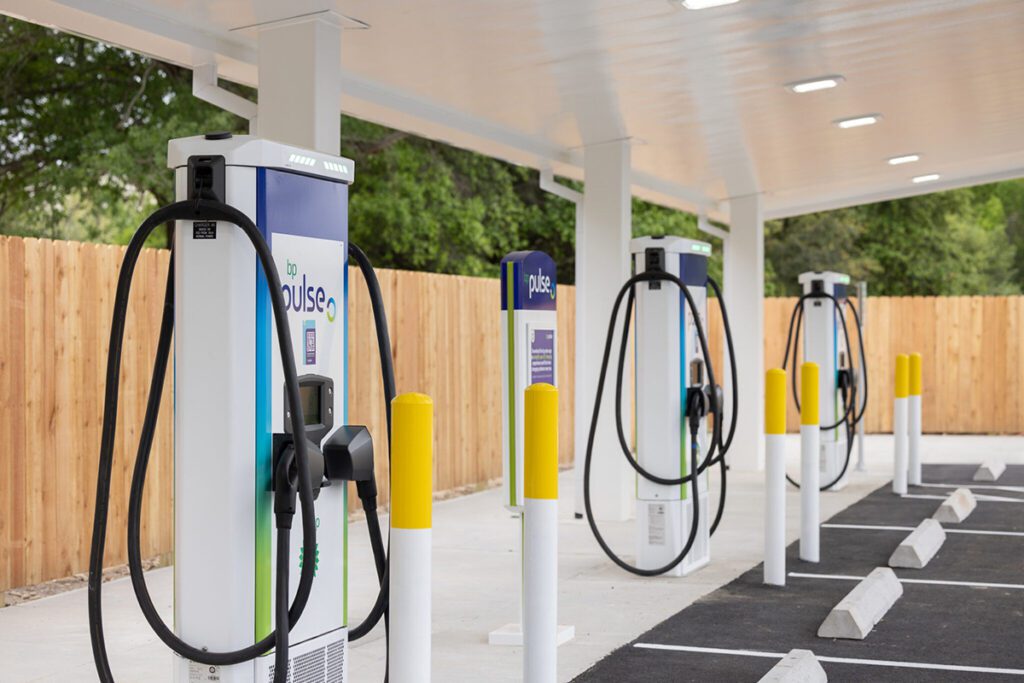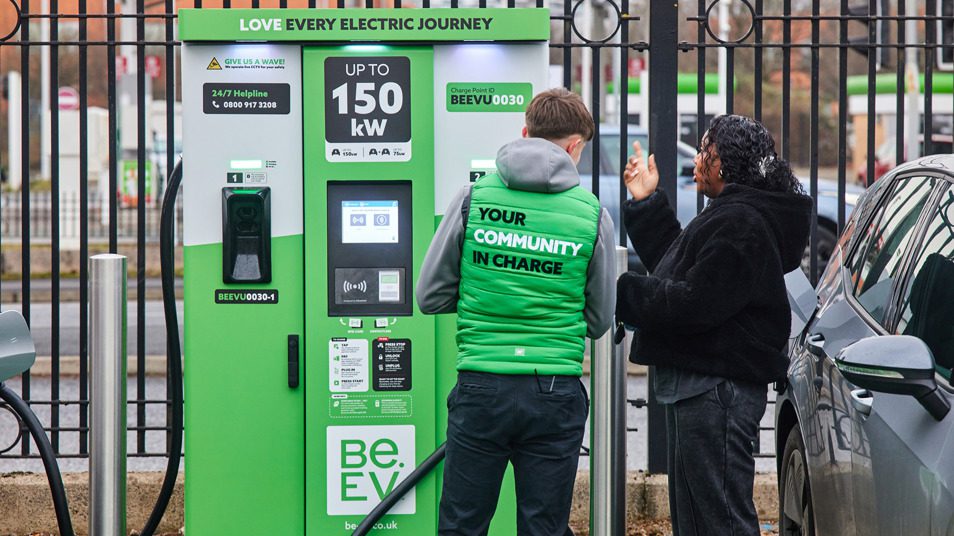Denver-based Bye Aerospace has unveiled an 8-seat all-electric twin turbo-prop-class airplane aimed at the air taxi, air cargo, regional and charter aircraft markets.
The eFlyer 800 is expected to have a 320-knot cruising speed, a 35,000-foot ceiling, and a range of 500 nautical miles with 45-minute reserves at a normal cruising speed of 280 knots.
The e-plane’s 8-seat configuration can accommodate up to 7 passengers and one or two pilots.
Each of the two wing-mounted electric motors has dual redundant motor windings. The plane also features quad-redundant battery packs and a full airplane parachute. Other potential features include an emergency auto-landing system, optional supplemental solar cells and in-wheel electric taxiing.
Aviation propulsion specialist Safran has collaborated with Bye Aerospace on its earlier models, and the two companies are currently assessing the most efficient electric powertrain for the eFlyer 800.
“Safran product lines with the ENGINeUS motors, rated from 50 kW to 500 kW/1 MW, and GENeUSGRID systems, perfectly fit with the Bye Aerospace portfolio of e-aircraft,” said Hervé Blanc, Executive VP of Safran Electrical & Power. “Building upon our successful cooperation on eFlyer2 and eFlyer4, we are proud to bring our best expertise to support Bye Aerospace in the design of the new eFlyer 800.”

Bye says it has several customers lined up for the new model, including US and European air taxi, cargo and charter services. “Details about those agreements will be announced soon, as they are finalized,” Bye said.
Bye expects its eFlyer 800 to deliver an operating cost reduction of 80% compared to traditional twin turboprops. “The eFlyer 800 is the first all-electric propulsion technology airplane that achieves twin-turboprop performance and safety with no CO2 and extremely low operating costs,” said Bye Aerospace CEO George E. Bye.
Bye Aerospace also recently teamed with L3Harris Technologies to develop an all-electric, multi-mission aircraft that will provide intelligence, surveillance and reconnaissance (ISR) capabilities. The companies will modify the eFlyer 800 aircraft for the ISR mission. All-electric propulsion allows the aircraft to operate with low thermal signature and in virtual silence both inside and outside of the cockpit, with the added benefits of one-fifth of a traditional turboprop’s operating cost, zero emissions and a minimal logistical footprint for operations in the field.
Source: Bye Aerospace







